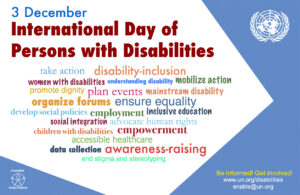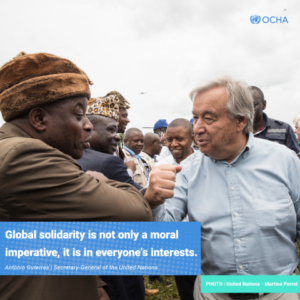 [This is a short guest post by my friend Michael Freeman, written to help us think about one of the many designated “days” we have to raise our consciousness. Mike knows from the *inside*; he’s one of the most stubbornly capable people I know. It’ll take you 2 minutes to read this.]
[This is a short guest post by my friend Michael Freeman, written to help us think about one of the many designated “days” we have to raise our consciousness. Mike knows from the *inside*; he’s one of the most stubbornly capable people I know. It’ll take you 2 minutes to read this.]
Don’t Forget to Remember
Persons with disabilities are some of the most resilient and strong-willed people that I know. They seem
to take bumps and hiccups all in stride; something of a challenge, yet still achievable. Not
insurmountable. To some, those bumps and hiccups look all-consuming, or even life-crippling. But to a person with a disability, there is a way to manage.
There has to be.
There is no other choice.
It just needs to be found.
And find it we do.
But for some, that strength and resilience is only a façade that is held tightly, as if in a display for the public. In some strange way they believe that that strength and resilience is what the public wants to see, even needs to see so that they can go about their day and their business without giving a second thought, and for some without giving even an initial thought, as to the actual well-being of another.
Because, let’s face it, why would they?
Everything seems okay.
Everything looks okay.
What do you mean, “Things may not be as they seem?”
Out of some sense of self preservation, some insular sense of self-protection, the public gets the façade while behind the façade is not what the public would be led to believe.
The truth of the matter is that living with a disability is exhausting and isolating. It’s those little things that seem so insignificant that add up to a mountain of extra load. It’s those missed opportunities, or the avoidance of situations, that further deepens the sense of isolation. Persons with disabilities sometimes do things for all the right reasons, yet achieve all the wrong results.
Don’t forget to remember.
Check in with people, all people; persons with a disability or not. Establish, or deepen a connection on a heart-to-heart level.
Respect the façade but also look through it; let wellness be your guide. Be a part of the lives of the exhausted and isolated. Help them to remain resilient and strong.

